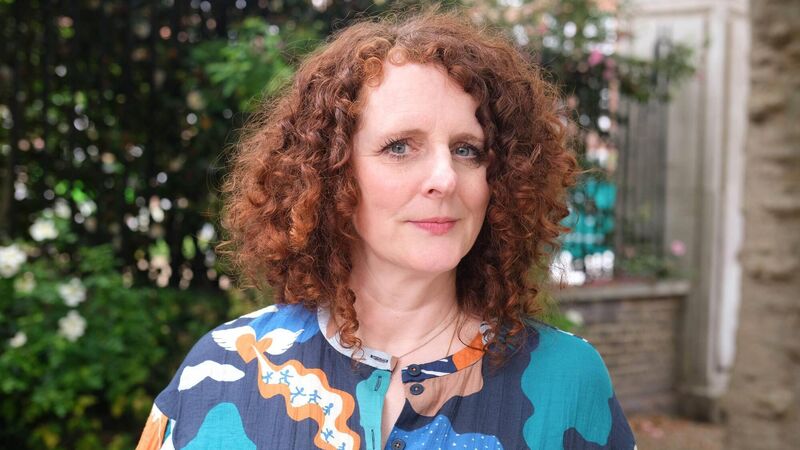Maggie O’Farrell: 'We've got to rebuild that feeling of security for our children'

Maggie O'Farrell has published The Boy Who Lost His Spark . Picture: Sophie Davidson
It’s clear that Maggie O’Farrell is not one to feel sorry for herself. The writer is at the tail end of her third bout of Covid with a lingering cough but she says she’s fine, that it sounds worse than it is. Her encounters with the dreaded virus certainly haven’t interfered much with her productivity.




